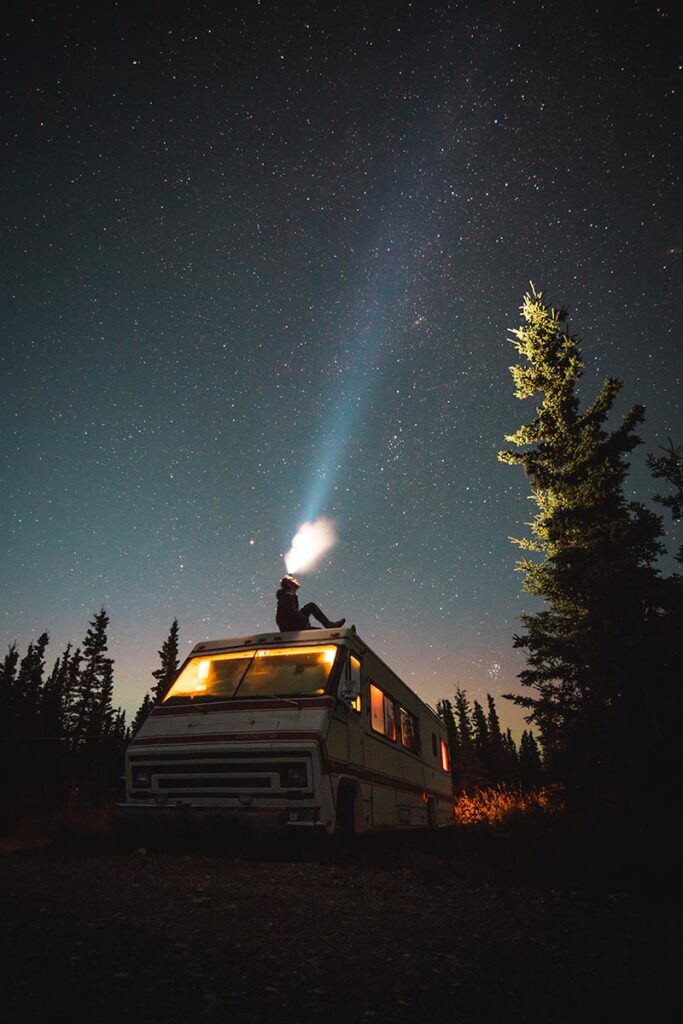
Most people consider their RV to be “a home away from home.” Using this mode of transportation is a great way to see the country, comfortably and affordably. Before you hit the road, however, it’s important to keep a few safety considerations in mind.
It should be noted that, as a whole, campgrounds and RV parks are quite safe. They don’t attract many hardened criminals. But, then again, no one is completely immune to possible mobile home park dangers.
Before Your Trip
Before you leave your driveway, it’s extremely important that you make sure your RV is in tip-top condition. Nothing ruins a vacation faster than being stranded somewhere… especially if repairs end up costing you a fortune.
These are a few of the most important things to check and perform maintenance on, if necessary:
- Check hoses and belts (make sure they’re not cracked)
- Clean the cooking vent hood
- Check the hitch for issues
- Clean headlights
- Test turn signals
- Check smoke alarm and fire extinguisher (purchase a chemical extinguisher, suitable for use on any type of fire)
- Check tires (both for air levels and tread wear)
In addition, it’s also a wise idea to install a deadbolt on the door, verify that your insurance coverage is still in force and leave an itinerary with at least one friend or relative. Make sure you take your insurance policy or information with you as well.
If you rig isn’t equipped with a carbon monoxide detector and a propane leak detector, don’t leave home before you purchase them. The propane leak detector needs to be installed as close to the floor as possible. The carbon dioxide detector should be installed at approximately shoulder level.
Always try to avoid traveling with the gas turned on. If using it is necessary, turn off each individual pilot light before stopping to refuel.
At the Campground
Try to choose a spot in a somewhat sheltered area, on the highest ground possible. This comes in handy during rainy weather. In the event of a lightning storm, the safest place is inside the RV.
It’s an excellent idea to ask about park security before making your reservations. Every time you leave the RV, make sure to lock all doors and windows. Lowering the window blinds accomplishes two things. First, it keeps out the heat of the sun. Second, it prevents people from looking inside the vehicle.
Wildlife Dangers
If the park is located in a wooded area, be wary of the wildlife living in close proximity. Bears have been known to destroy the door of an RV in order to get to food. Depending on your geographical location, you may also be sharing space with scorpions, fire ants, wasps and snakes. So, pay close attention to park rules and warnings.
Obviously, no one likes to think of the possibility of some type of disaster occurring while enjoying a vacation. However, sometimes it does happen. Reduce the risk of RV-related safety issues happening to you and your family, by following these tips. Doing so, helps to ensure the most enjoyable trip possible.
Leave a Reply